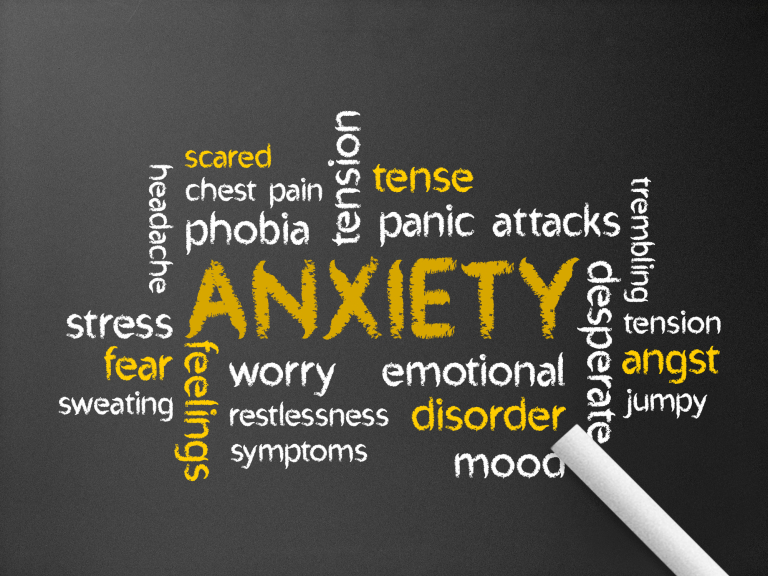Treating Severe Anxiety
November 09, 2015
By Seed Psychology in Anxiety, Social Media, Stress

Severe anxiety is increasingly prevalent as people manage the pressures of work, home, relationships and social media.
So what exactly is severe anxiety?

Severe anxiety is more intense than normal anxiety and may be felt even when you are not involved in any immediate stressful situations. Severe anxiety can be debilitating and greatly affect your ability to cope with normal situations in daily life. You may experience physical symptoms including a racing heartbeat and nausea. You may also have persistent, negative and unhelpful thoughts regarding your ability to cope with situations, debilitating feelings of distress; and consistently avoid uncomfortable situations which diminish your confidence and quality of life.
A mild and infrequent level of anxiety can be healthy for you, as it prepares you to perform at your best during stressful situations. At these times, anxiety is easily justified and considered normal. However, anxiety is considered a problem when you experience strong feelings of fear, worry and apprehension over a long period of time (such as weeks or months), and it prevents you from participating in or enjoying other parts of your life.
Severe anxiety may be caused by the following factors: environmental factors (stress from work, relationships, finances, school); medical factors (stress from a serious medical illness or the side effects of medication); substance use and abuse (intoxication and withdrawal); genetics (a family history of anxiety). Anxiety disorders include: Generalised Anxiety Disorder (GAD), Phobias, Panic Attacks, Social Anxiety, Agoraphobia, Obsessive-Compulsive Disorder (OCD).
Severe and long-term anxiety can lead to other problems in your life, including depression, relationship difficulties, and substance abuse.
What can you do to manage anxiety?
- Relaxation – breathing exercises, meditation, walking
- Exercise and diet – eat healthy food and keep a regular sleep pattern
- Cut down on coffee – caffeine exacerbates anxiety
- Talk about your feelings – by internalising feelings of anxiety, patients are likely to feel more distressed
Give us a call at 03 9388 8113 to learn more.
By the team at Seed Psychology





